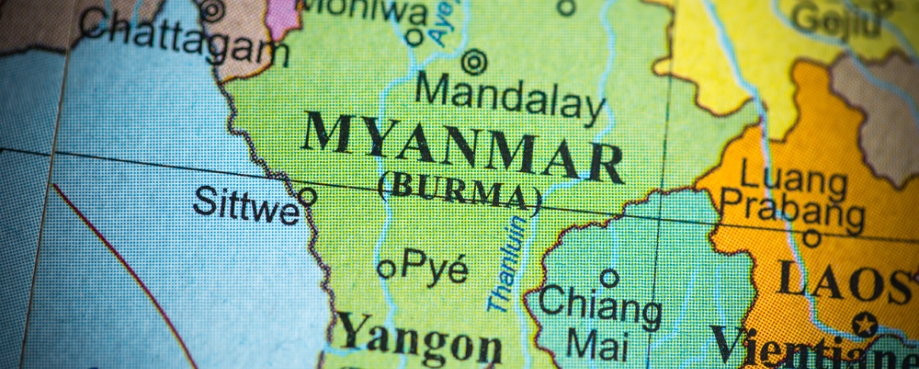
On 28 March, a 7.7 magnitude earthquake struck Myanmar, just outside the country’s second largest city, Mandalay. Approximately 12 minutes later an aftershock of 6.4 magnitude followed. Strong tremors from the earthquake were felt in neighbouring countries, including Thailand where an unfinished high-rise building collapsed, with over 80 construction workers reported missing. Tremors were also reportedly felt in southwest China.
A state of emergency has now been declared in six regions across Myanmar, with initial reports of over 140 people killed and over 700 injured, though it is difficult to obtain accurate information. This disaster adds even greater complexity to the human rights challenges facing Myanmar at this time. Four years of military rule and ongoing clashes between resistance groups and the military junta risk making the delivery of aid and resumption of normal life even more complicated.
“Our thoughts and sympathies are with all those affected, as they work to free survivors from the rubble and then rebuild their lives.”
Giles Bolton, Executive Director, ETI
ETI will be engaging with company, trade union and NGO members over the coming days to understand the impacts of the earthquake on workers and supply chains. We encourage all international buyers still sourcing in Myanmar to engage and support their affected suppliers, workers, and their representatives. Businesses have a responsibility to adhere to international labour standards, as captured in the ETI Base Code, and apply the UN Guiding Principles, particularly during periods of heightened human rights risks, such as earthquakes.
ETI also urges all companies operating in and sourcing from Myanmar and Thailand to:
- Engage with their colleagues and suppliers to understand the impacts of the earthquakes and offer them support were possible.
- Work with colleagues and suppliers to ensure that workers’ safety is prioritised. Where facilities have been impacted, ensure a safety inspection is conducted before operations resume.
- Adjust their expectations and purchasing practices to adapt to these exceptional circumstances, in order to provide the greater stability in commercial relationships that suppliers and workers need at this time.
- Agree on order adjustments that are manageable and realistic, and in line with ETI’s recommended responsible purchasing practices.
